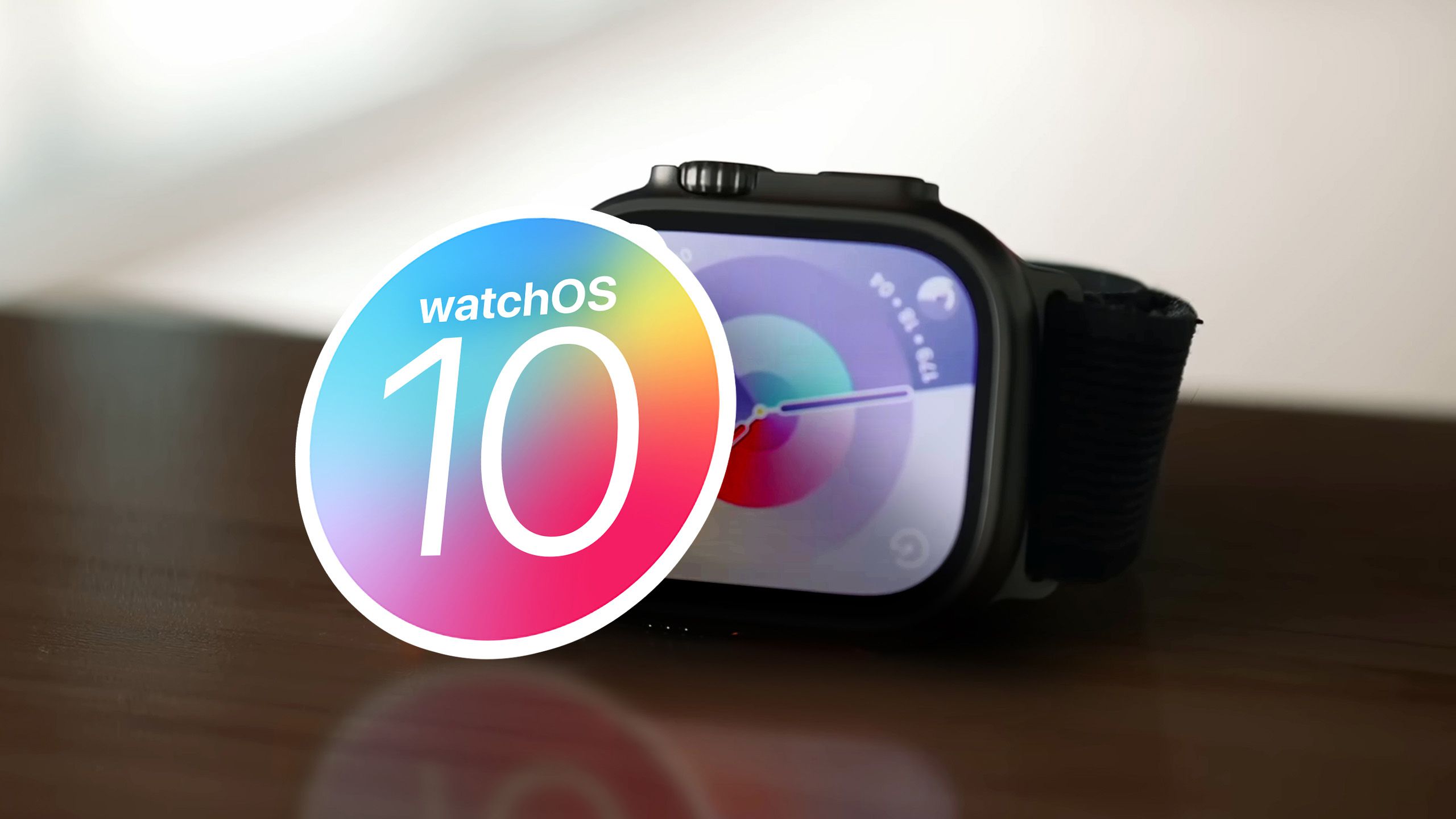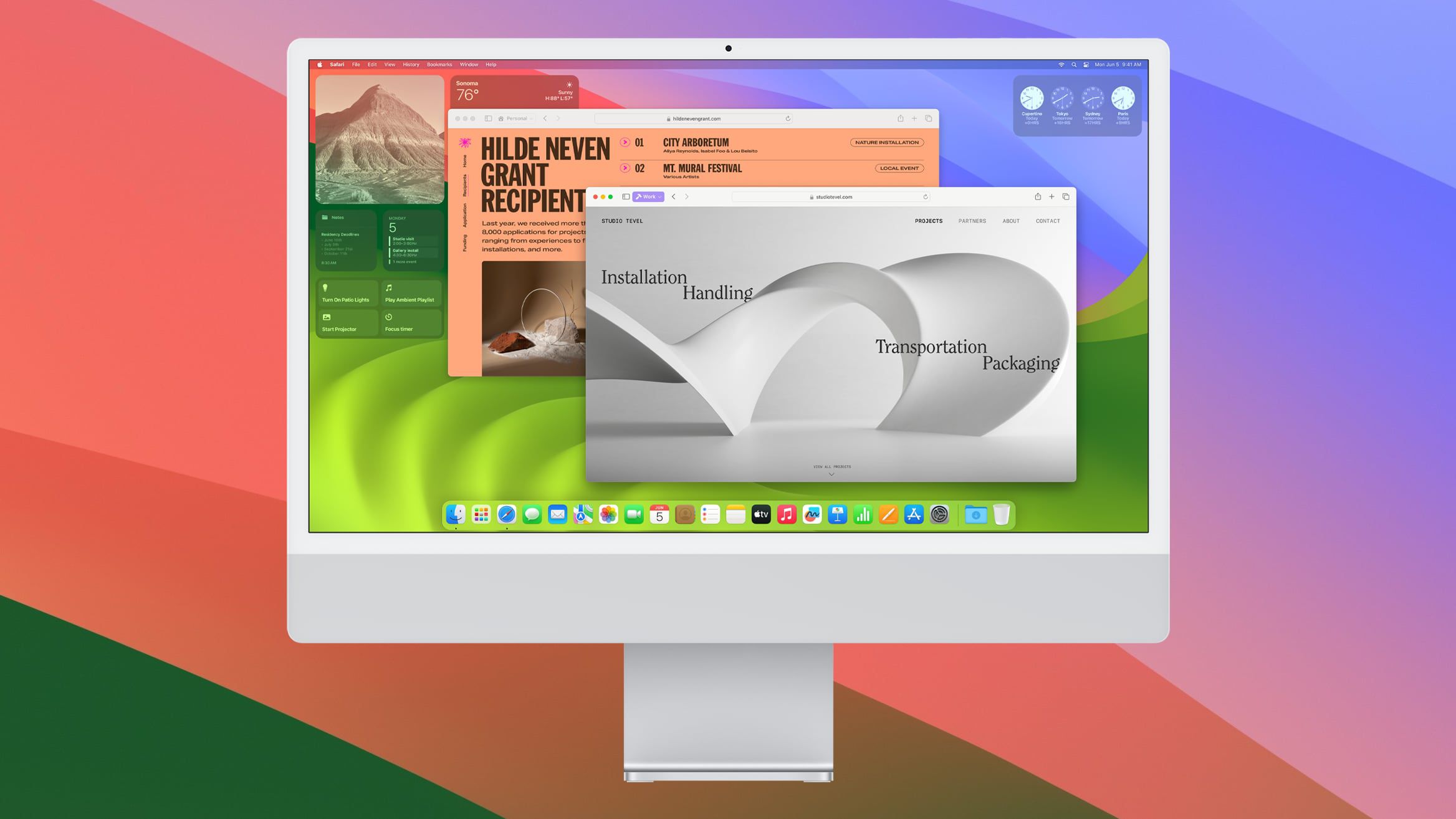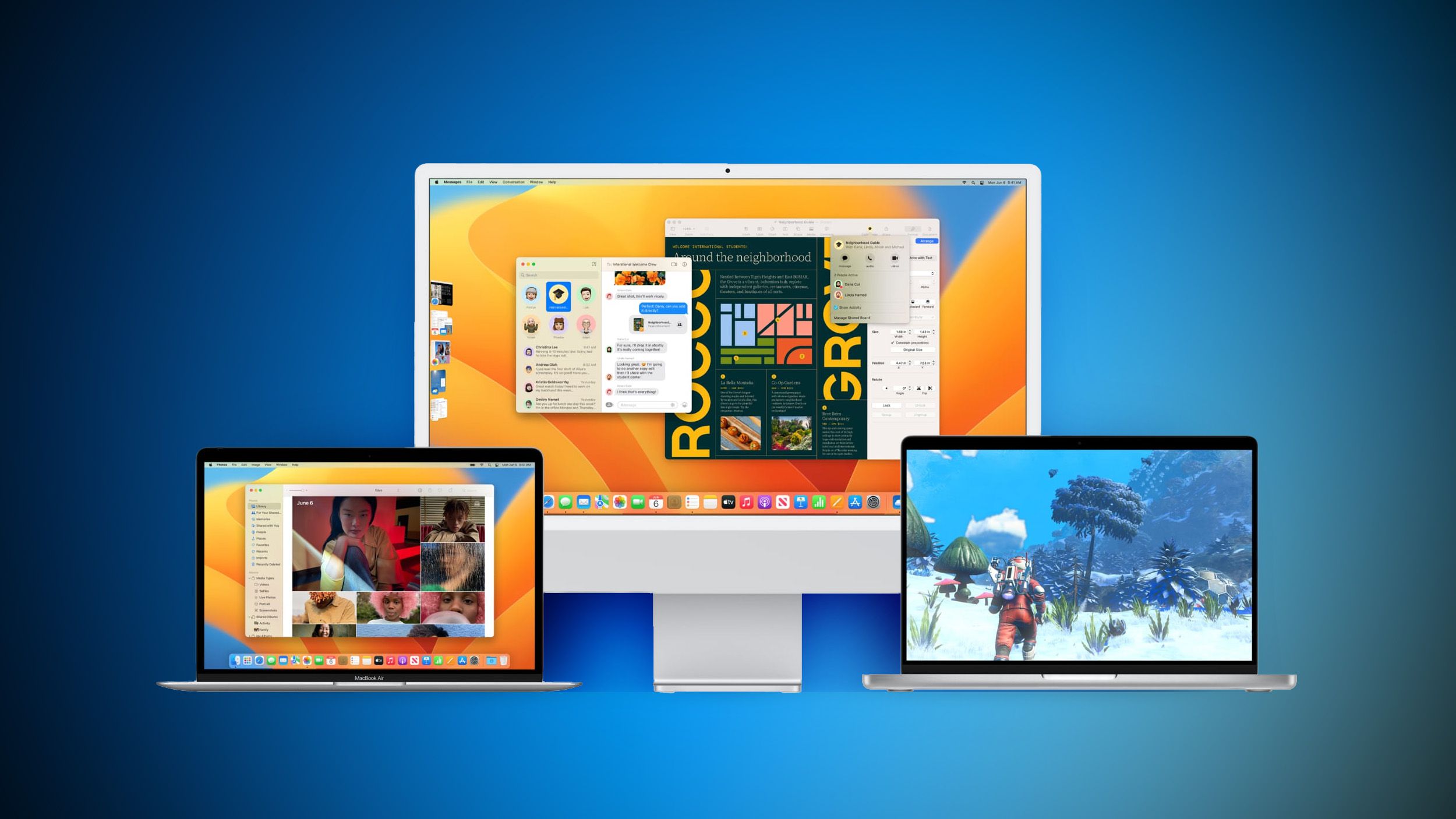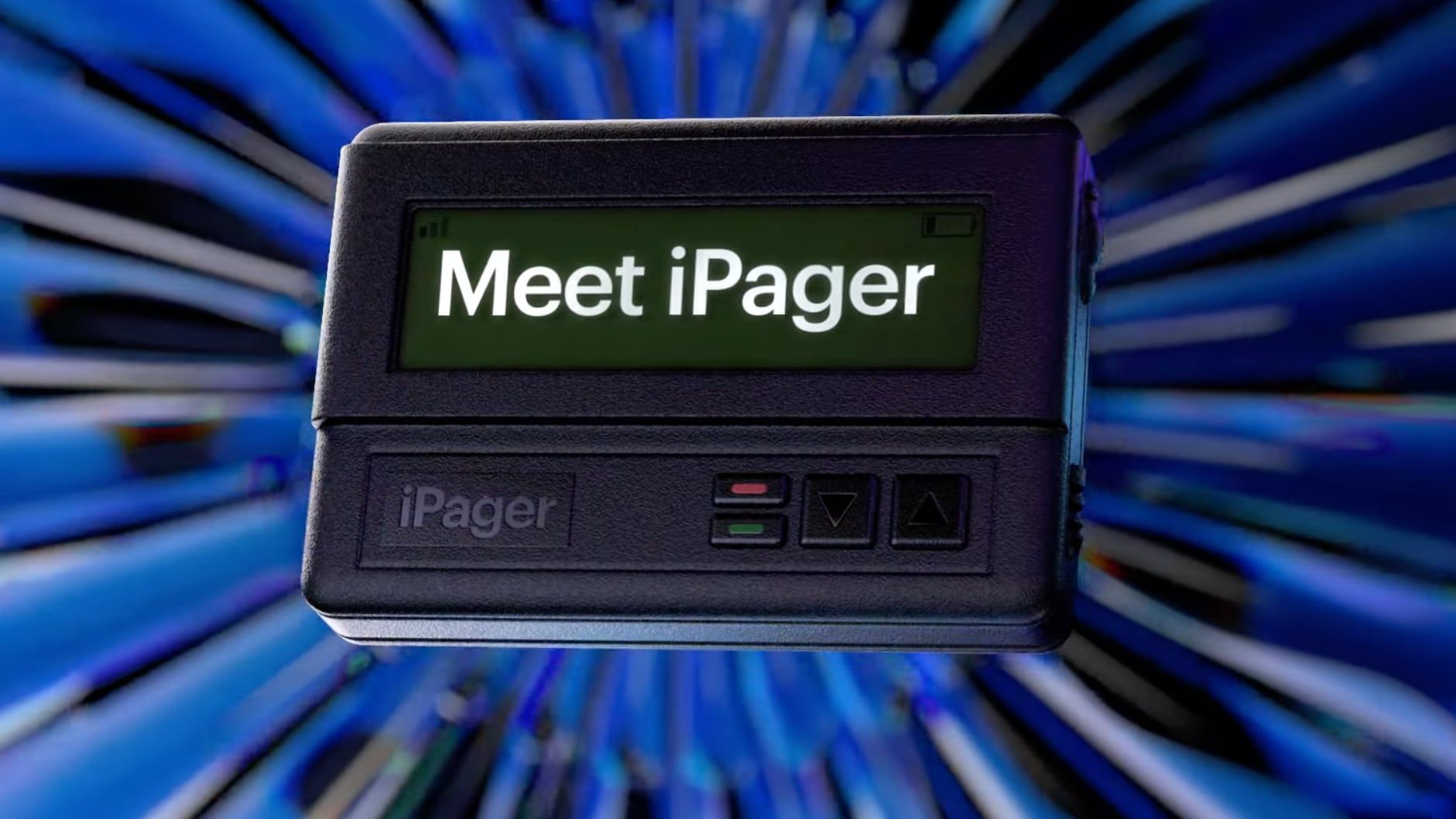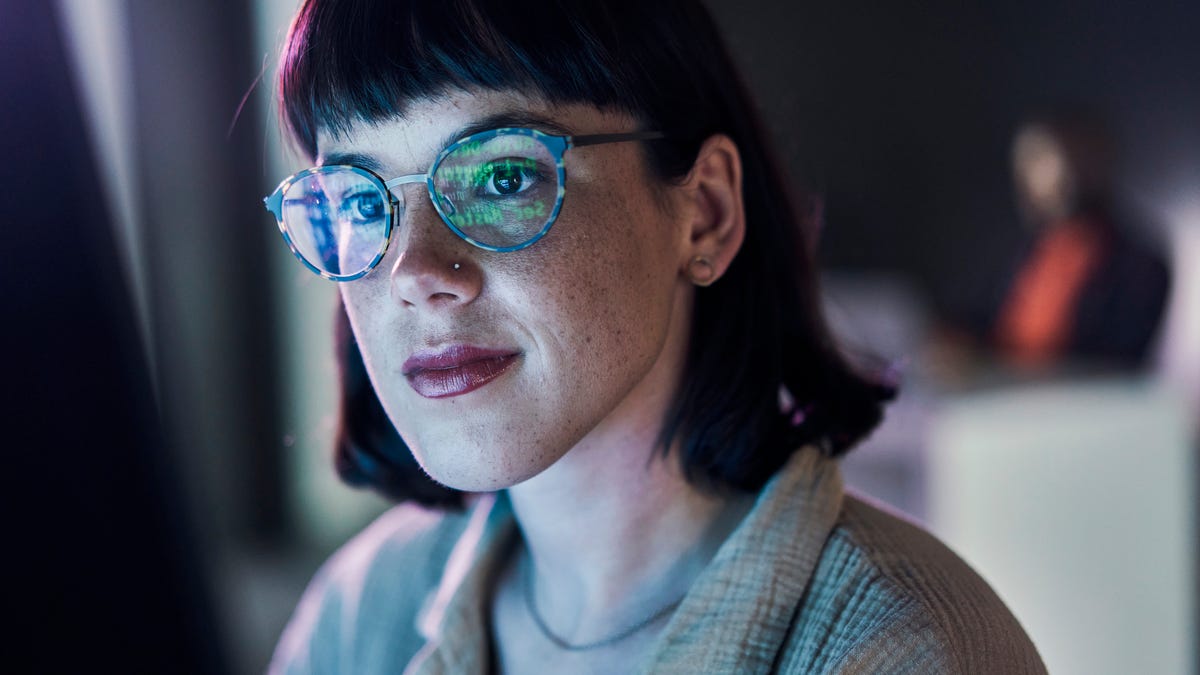Windows Copilot AI rollout begins on September 26.
Windows Copilot AI rollout begins on September 26.
Microsoft Unveils Unified Generative AI Assistant Across Products
Despite being a Surface-centric event, Microsoft surprised the audience by dedicating a significant portion of their annual event to talk about artificial intelligence (AI). Microsoft CEO Satya Nadella expressed his belief in the potential of AI, stating that it can make users more knowledgeable, productive, creative, and connected. Nadella also emphasized the need for a unified AI assistant that works seamlessly across Microsoft’s entire product lineup.
To achieve this, Microsoft announced the integration of its Copilot AI, currently available in various forms on the Edge browser, Microsoft 365 platform, and Windows, into a single, all-encompassing generative AI assistant. This unified AI assistant will be available across all Microsoft products, from PowerPoint to Teams, and aims to transform the relationship between users and technology in what Nadella refers to as the “age of Copilots.”
What sets this AI assistant apart is its ability to harness users’ work data and intelligence. It will be customizable and adaptable to individual users’ preferences and personal data silos. During the event, an example was provided where Copilot on a laptop could pull flight information from a user’s phone, enabling the assistant to offer additional services such as ticket purchases for stage plays happening during the trip.
The updated AI assistant will offer a host of features reminiscent of rival systems. Users will be able to shop for clothing by uploading a picture, similar to Google Lens, using Microsoft Shopping with AI. Additionally, the assistant will be capable of summarizing complex email chains, similar to ChatGPT. Carmen Zlateff, VP of Product Management at Microsoft, highlighted the versatility of the assistant, stating, “Now you can copy, paste, and do.”
Microsoft also showcased a demo video during the event, demonstrating the AI assistant’s ability to organize desktop windows, generate Spotify playlists, and remove backgrounds from photos with voice commands, akin to Google’s Magic Eraser. One particularly useful feature, especially for parents with school-aged children, is Windows Ink Anywhere. With a Surface stylus, users can write in any textbox across the Windows OS, solving complex equations or capturing a photo of a math problem for the assistant to solve. Notably, the system can explain its reasoning behind solving equations.
The new AI assistant will be available on September 26th, and its capabilities will be informed by users’ activities on their PCs, according to Yusuf Mehdi, CVP Consumer Chief Marketing Officer at Microsoft. It will be part of the highly anticipated Windows 11 release, which Medhi claims will bring over 150 new features, making it the most significant update since the OS’s initial launch.
Microsoft’s commitment to AI has been at the forefront of the company’s focus. In November 2022, Microsoft introduced ChatGPT, a significant advancement in generative AI. This dedication to AI is evident in their ongoing partnership with OpenAI and the acquisition of GitHub in 2019. Through years of research and substantial investment, Microsoft continues to lead the generative AI revolution.
Exciting developments in AI, such as Microsoft’s unified generative AI assistant, showcase the potential of technology to enhance our lives. With features that optimize productivity, offer personalized experiences, and adapt to individual preferences, this new era of personal computing promises to change how we interact with technology. Microsoft’s commitment to AI innovation ensures that users can unlock the full potential of their devices while enjoying an enhanced digital experience.
